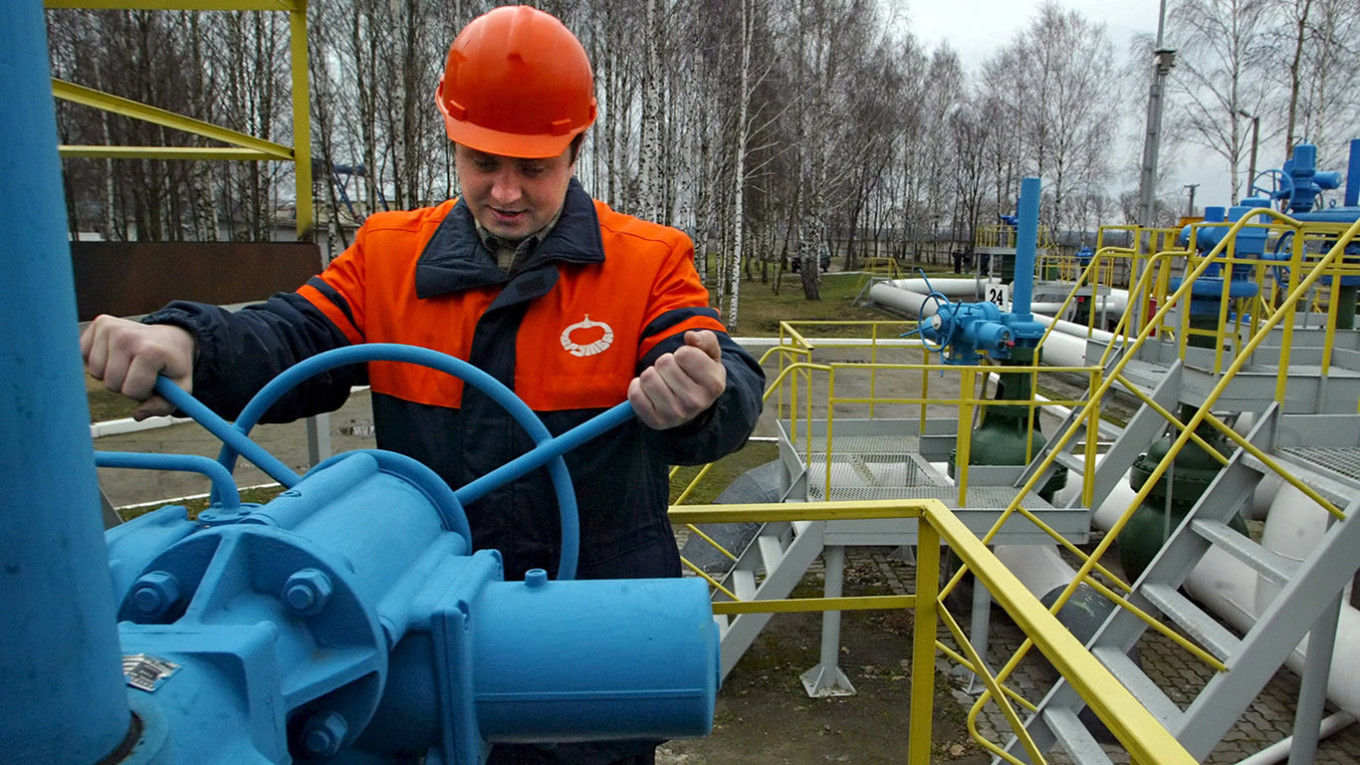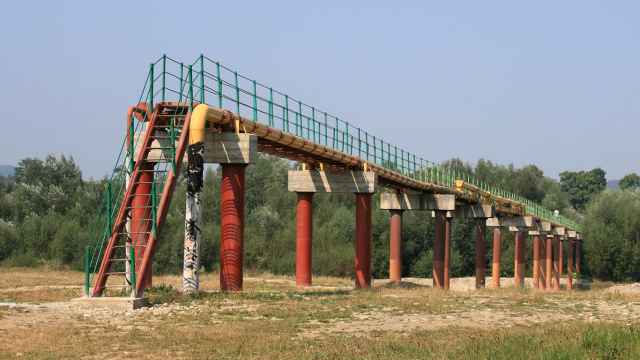Hungary's government said Tuesday it welcomed a deal reached by energy company MOL that will ensure the supply of Russian oil via a pipeline running through Ukraine after Kyiv earlier restricted transit.
In July, Hungary and Slovakia accused Kyiv of endangering their energy security by barring Russian energy giant Lukoil from using the Ukrainian section of the Druzhba pipeline.
However, MOL announced Monday that it had reached a "sustainable solution" securing the transportation of oil to the two countries after finalizing agreements with suppliers and pipeline operators.
As part of a deal, MOL said it would "take over ownership of the affected volumes of crude oil at the Belarus-Ukraine border" starting from Monday. It added that the updated arrangements would comply with EU sanctions.
"We welcome the solution coming from MOL. It is a technological solution," Hungarian government spokesman Zoltan Kovacs told journalists at a state-funded think-tank.
"But there remains the political messaging which should be solved," he added, stressing that Hungary is always against using energy security as a "political weapon."
In 2022, the EU imposed a ban on most oil imports from Russia, but the Druzhba pipeline was temporarily exempted to give landlocked Central European countries time to diversify.
Hungary's Prime Minister Viktor Orban is the only EU leader to have maintained close ties with the Kremlin since Russia launched its full-scale invasion of Ukraine in February 2022.
A Message from The Moscow Times:
Dear readers,
We are facing unprecedented challenges. Russia's Prosecutor General's Office has designated The Moscow Times as an "undesirable" organization, criminalizing our work and putting our staff at risk of prosecution. This follows our earlier unjust labeling as a "foreign agent."
These actions are direct attempts to silence independent journalism in Russia. The authorities claim our work "discredits the decisions of the Russian leadership." We see things differently: we strive to provide accurate, unbiased reporting on Russia.
We, the journalists of The Moscow Times, refuse to be silenced. But to continue our work, we need your help.
Your support, no matter how small, makes a world of difference. If you can, please support us monthly starting from just $2. It's quick to set up, and every contribution makes a significant impact.
By supporting The Moscow Times, you're defending open, independent journalism in the face of repression. Thank you for standing with us.
Remind me later.






